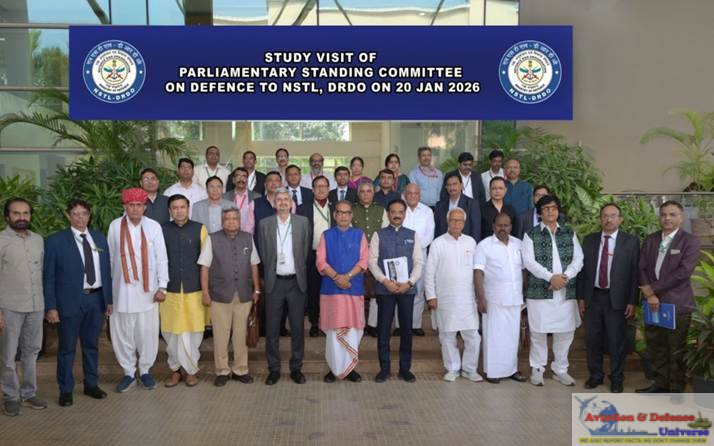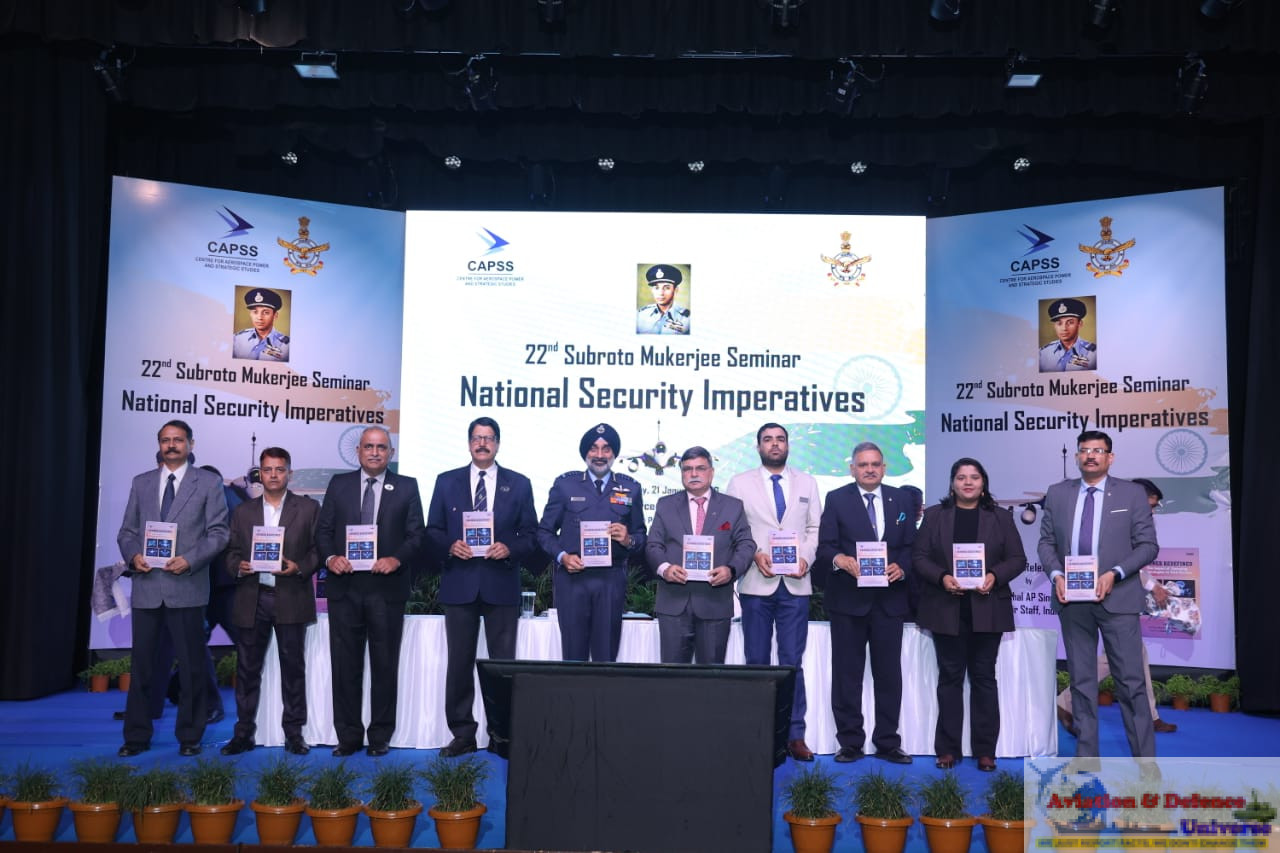Sanofi and Regeneron Pharmaceuticals (Regeneron) have launched the Phase IIIb/IV AIM4 trial at the 2025 American Thoracic Society (ATS) International Conference to evaluate whether earlier initiation of dupilumab improves outcomes in patients with moderate-to-severe asthma compared to standard stepwise escalation with high-dose inhaled corticosteroids. The study reflects a growing shift toward personalized, biomarker-driven asthma management and may help redefine the timing of biologic intervention in asthma care, says GlobalData, a leading data and analytics company.
The AIM4 study will randomize 250 patients with uncontrolled moderate-to-severe asthma to receive either dupilumab plus medium-dose ICS/long-acting beta agonist (LABA) or placebo plus high-dose ICS/LABA. The primary endpoint is the annualized severe asthma exacerbation rate through week 52, with study completion expected in December 2026. All participants will first undergo a run-in period on medium-dose ICS/LABA to confirm uncontrolled symptoms prior to randomization.
Asiyah Nawab, Healthcare Analyst at GlobalData, comments: “AIM4 addresses a real-world dilemma in asthma care—patients who remain symptomatic after moderate therapy are often escalated to high-dose ICS despite limited incremental benefit. This trial tests whether earlier biologic initiation can deliver more meaningful, sustained improvements while avoiding unnecessary corticosteroid exposure.”
The trial’s rationale reflects a broader shift in asthma management toward phenotype-guided treatment, aligned with changes in the 2025 GINA guidelines, which have de-emphasized high-dose ICS in favor of biomarker-driven strategies. AIM4 is expected to generate evidence for a more proactive approach—identifying patients with elevated eosinophils or FeNO early and initiating biologic therapy to prevent long-term airway remodeling and decline in lung function.
Nawab continues: “This is an important trial for the future of asthma care. If successful, it could move biologics earlier in the treatment pathway, particularly for patients with type 2 inflammation who fail to respond to medium-dose therapy.”
Supporting this strategy are data from Sanofi and Regeneron’s prior studies. A post hoc analysis from the QUEST trial showed superior asthma control with medium-dose ICS plus dupilumab compared to high-dose ICS plus placebo. In the VESTIGE study, dupilumab led to measurable reductions in mucus plugging and air trapping, offering imaging-based evidence of its potential disease-modifying effects.
Nawab adds: “From a commercial perspective, earlier positioning of dupilumab could expand its market reach while addressing persistent unmet needs.”
The key opinion leaders interviewed by GlobalData have underscored the urgency of early intervention in biologic-eligible patients—particularly those with elevated biomarkers and frequent exacerbations—who often cycle through multiple ICS-based regimens before receiving targeted therapy.
Nawab concludes: “AIM4 could be pivotal in reshaping treatment paradigms for moderate-to-severe asthma. By providing data on earlier biologic use, Sanofi and Regeneron are well-positioned to influence future guidelines, support label expansions, and drive adoption of precision-based care in asthma.”






































































































































